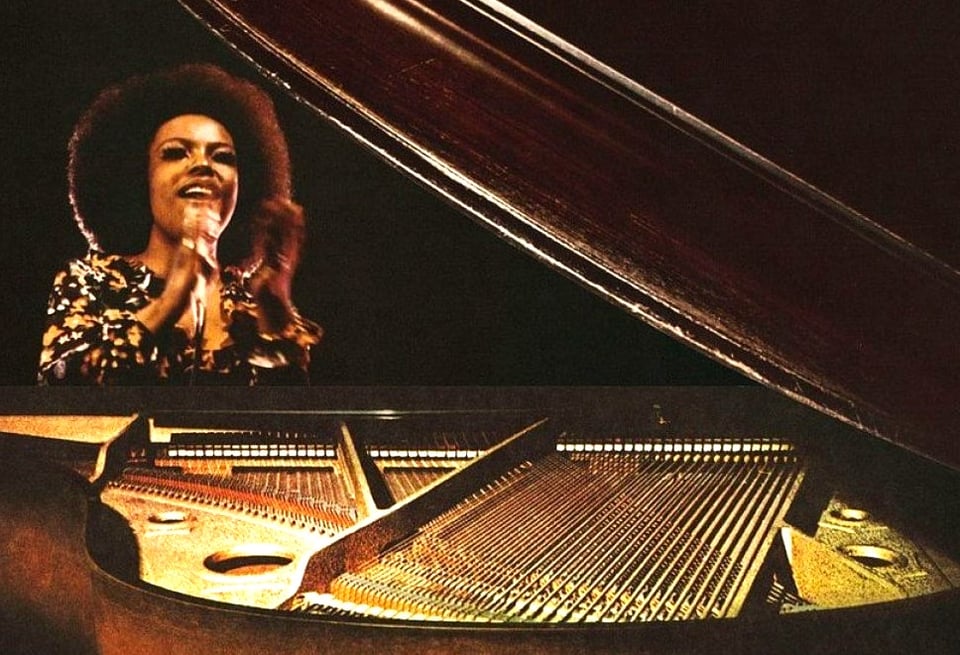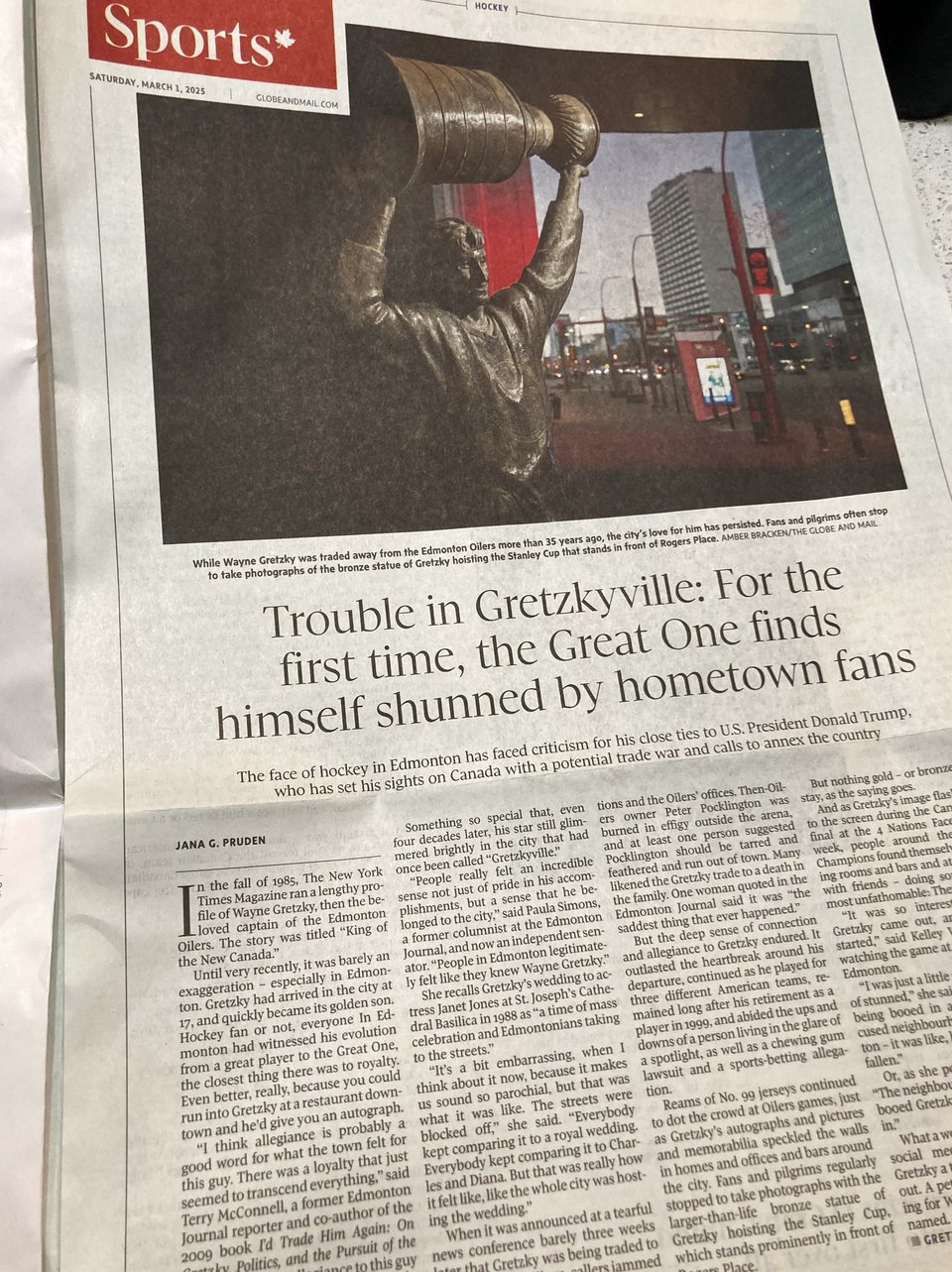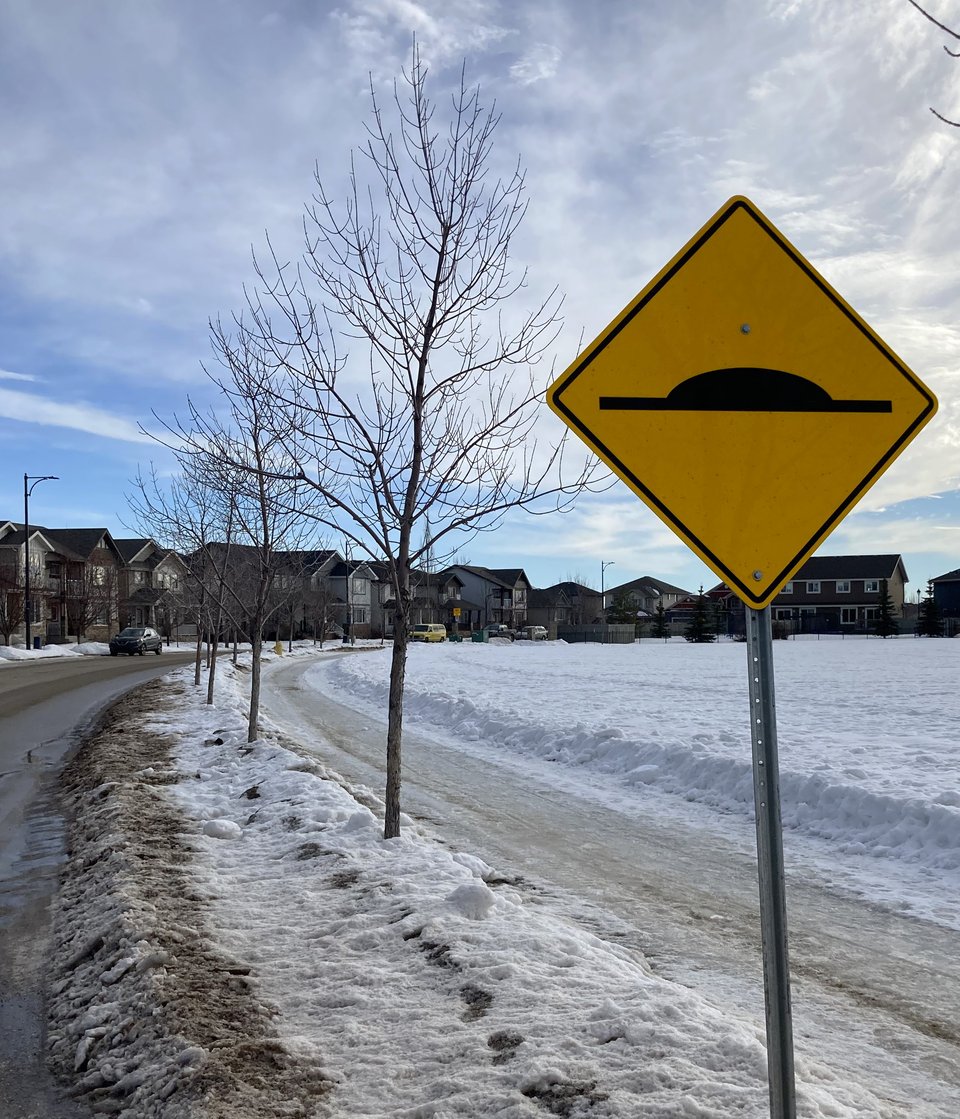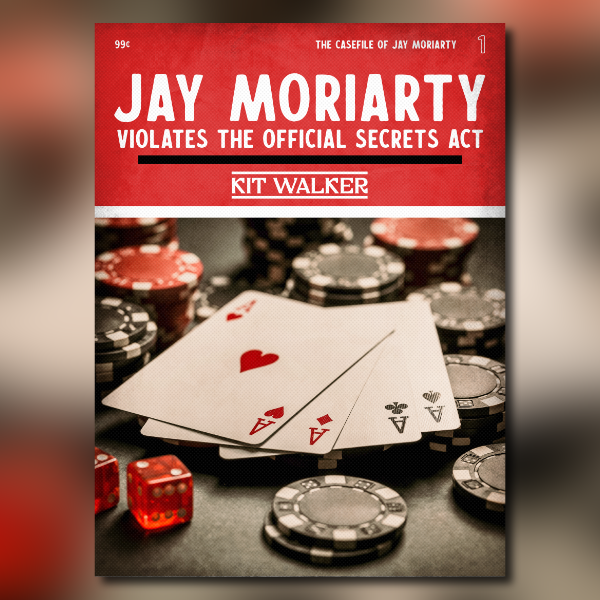THE MAGICAL MYSTERY OF DON McLEAN AND THE LOST MAGIC OF WAYNE GRETZKY
Vol. 1, No. 31
In this edition, your sagacious correspondent recounts the legendary story behind a legendary song, writes why we need to cut Wayne Gretzky some slack, and introduces a new author to our faithful readers.
This week: a 6-minute read plus a 5-minute attached video
TELLING HER WHOLE LIFE

If the story that follows seems familiar, we will urge you to keep reading anyway. If not, we trust you will find its insights fascinating.
In November of 1971, an aspiring 20-year-old singer-songwriter by the name of Lori Lieberman went with a friend to the Troubadour nightclub in Los Angeles to see a performance by a rising young star named Don McLean. At the time, a song by McLean was rising in the charts. You probably know it: American Pie.
Yet it was another song by McLean that had a profound and life-changing effect on Lieberman that night. Called Empty Chairs, it’s a story of love lost (I wonder if you know/ That I never understood/ That although you said you’d go/ Until you did/ I never thought you would).
That tune, and McLean’s rendition of it, made such a huge impression on Lieberman she began scribbling notes on the napkins at her table, trying to capture her feelings in the moment.
Two months later, Lieberman recorded the song she composed about that night with the help of her two managers. A few months later, Roberta Flack, by this time already a Grammy-winning recording artist, heard Lieberman’s song on an in-flight audio while flying from Los Angeles to New York. She said she must have listened to it 10 times, taking notes and doing her best to commit the tune to memory. Soon afterward, she recorded it but did not release it as she was unhappy with the arrangement.
In September 1972, Flack was doing a concert with Marvin Gaye at the Greek Theater in Los Angeles. She was asked for an encore, and then a second one, and she told the audience, “’Well, I have this new song I’ve been working on.’ After I finished, the audience would not stop screaming.” The song’s time had come.
Released four months later, Killing Me Softly With His Song spent five weeks at No. 1 on the charts. It won the Grammy for Record of the Year in 1974, and three Grammys in total.
Flack built her career on several memorable recordings, including her duets with Donny Hathaway and Peabo Bryson. Yet it was this song, Killing Me Softly, the story of how a Don McLean performance blew away a young Lori Lieberman, that became the iconic benchmark of Flack’s musical catalogue.
The great and wondrous Roberta Flack died last week at the age of 88. We attach here her recording of Killing Me Softly. Its production is rich with texture, her diction is clear and her voice, as always, note-perfect. If you give it a listen, please do us a favour. Close your eyes as you listen, and we promise you will be carried away on a fluffy cloud of musical excellence.
THE GLOBE REPORTS

We were interviewed for half-an-hour on Wednesday by Jana Pruden, a reporter for the Globe and Mail who was working on a story about the rather dramatic shift in attitudes toward hockey legend Wayne Gretzky, particularly in Edmonton.
Her story was published yesterday (Saturday) in the Globe’s sports section and is also available online at theglobeandmail.com. Pruden also interviewed Senator Paula Simons and Oilers’ alumni executive Lyle Best for the piece, which explores how Gretzky, who was once revered here, has become somewhat of a pariah.
One point we want to make about that: while Gretzky was a magician on the ice, he remains away from the rink just a regular guy, with all the flaws and failings that come with the territory. He is not a political scientist, an analyst, a commentator or, God forbid, a politician. He never finished high school; instead, he lived and breathed hockey and not much else for the first 40 years of his life. Near as can be determined from what he’s said in the past, Gretzky does not have a political bone in his body. He was no doubt drawn to the glamour of the Trump spotlight; that makes him nothing more than human, and we should all cut the guy some slack.
You might be able to read the story here. If you encounter the paywall instead, apologies all-round. Copies of Saturday’s paper might still be at the local Circle K or 7-Eleven.

MORE ‘DEAR TERRY’ LETTERS
Re ‘Yeah, Say You’re Sorry,’ Feb. 23. You’re a brave man, Terry, for watching Love Story again. Or a glutton for punishment. As for the line “love means never having to say you’re sorry,” the character Adam Braverman said on one episode of the show Parenthood: “It’s just what men do. We apologize. I say three ‘I’m sorrys’ before I get out of bed in the morning.” Claudio D’Andrea, Windsor, Ontario
Hi Dad. “Love means never having to say you’re sorry,” is a hack line, but it reminds me of a much better line from Crazy Rich Asians, when the family matriarch accompanies her granddaughter Astrid to a wedding so nobody notices Astrid’s husband has bailed. Astrid says, “Thank you, Ah Ma,” and her grandmother replies, “Family never says thank you.” Carson McConnell, North Shields, England
Re ‘Clearing the Track for Shack,’ Feb. 23. Hello, Terry. I enjoyed your Eddie Shack story. I can recall lying on my father’s lap watching Maple Leafs’ games in the 1960s. I remember asking him why the coach, Punch Imlach, would not put Eddie on the ice more often. As an eight-year-old, I had already determined he was the most exciting thing in hockey. Walter O’Rourke, Fergus, Ontario
Re ’Straight Outta The Strait,’ Feb. 23. Hey Terry, another great column, I am not sorry to say. The kayak piece brought to mind my recent read of Adam Shoalts’ canoe—yes, “canoe”—journey to the Arctic, Beyond the Trees. What can be compelling about reading a book on canoeing? Well, it was so Canadian. Lorne Eedy, St. Marys, Ontario
If you want to drop me a note (and risk me publishing it here), just reply to this email or, if you prefer send it to mysundayreader@gmail.com.
THIS WEEK’S SHAMELESS PLUG

We’re going to try something different this week. Instead of shilling for Terry McConnell, author, we’re going to recommend Kit Walker, author. Who’s that? It’s our daughter Carson; Kit Walker is the nom de plume she uses for her books, of which there are many.
By the way, she uses Kit because that’s the nickname my mother tried to give her. Kit Carson—get it? Walker was my mother’s name before she married. So it’s Carson’s homage to her grandmother. Pretty sweet.
Carson has been a storyteller since she was old enough to tell stories and has published a number of books in the past few years. But in 2023 she was struck by inspiration. The Sherlock Holmes series of books, originally penned by Arthur C. Doyle, had entered the public domain. That means all copyrights to Doyle’s work expired. Carson seized on the idea of plucking two of the Holmes characters, arch-villain James Moriarty and his henchman Sebastian Moran, brought them into the 21st Century, and transformed them into—well, you can’t really call them villains, though they certainly operate outside the boundaries of the law. Moriarty, re-cast as “Jay,” becomes a computer hacker; Moran an ex-SAS gun-for-hire. In a twist, they also become lovers.
So far, Carson has serialized six stories about the duo, to some critical acclaim and her parents’ keen approval. We present them here, in a PDF format for your consideration. She points out they are also available at Kindle, Kobo, Apple Books and, in Carson’s words, “all the other usual suspects when it comes to ebooks.”
One cautionary note: Gay romance is a concurrent theme throughout. If you’re fine with that, great. If not, well, skip those parts.
See ya next week. / T.
© Terry McConnell, 2025
